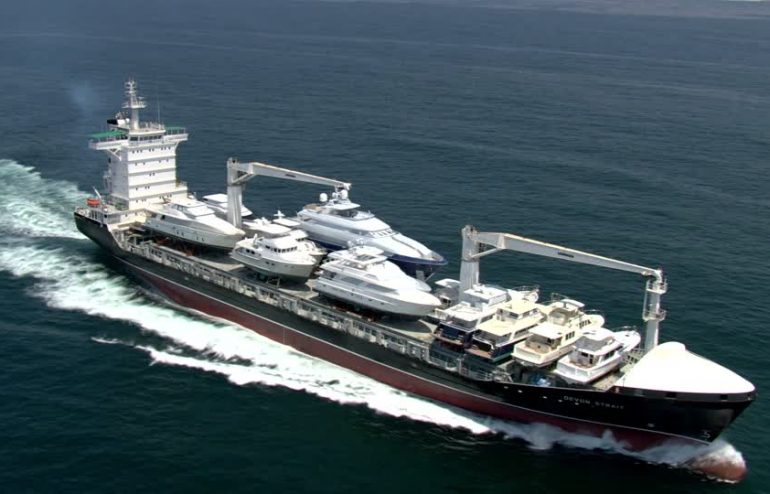Climate Conscious Changes to Shipping
Earlier this year, the International Maritime Organization (IMO) took action on the environmental impact of international shipping; they agreed to implement tougher rules on sulphur emissions in what has been called ‘the biggest shake-up for the oil and shipping industries for decades.’ (Reuters)
Currently ships, on average, use fuel with a 3.5% sulphur content. From January 2020, the IMO will be enforcing a flat out ban on ships using fuel with a sulphur content above 0.5%. There is the option for ships to continue to use high-sulphur fuel, but only if they are fitted with sulphur-cleaning devices, scrubbers. Cleaner sources of fuel, such as liquefied natural gas (LNG), will also be offered to ship owners as another option.
IMO’s aims are to improve human health by reducing air pollution, and has cited their own study that estimates over 570,000 premature deaths will be prevented from 2020-2025 through the introduction of these tighter regulations.
If ships fail to comply with the new global regulations fines will be enforced and ships could even be detained. This could affect vital requirements such as insurance cover.
This will inevitably affect those seeking yacht deliveries through shipping; prices will increase through the impact of adapting ships’ fuel systems , as well as secondary costs such as insurance. We will be keeping our customers updated as things unfold.

